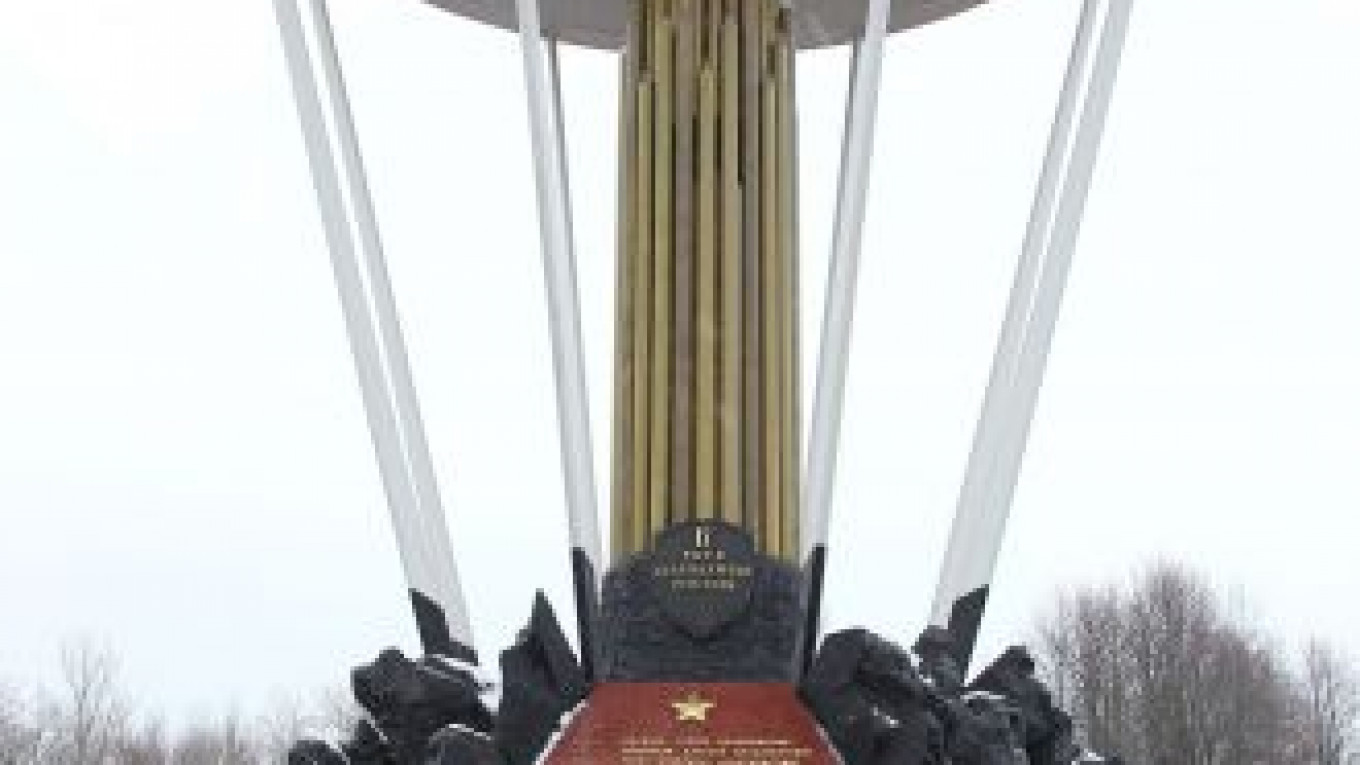President Vladimir Putin submitted legislation to change the way the State Duma is elected, a move he says will advance democracy but critics say is aimed at bolstering the ruling United Russia party.
The bill, which is expected to pass, calls for half the 450 seats in the Duma to be filled by voters choosing individual candidates in districts. Currently, all seats are filled by voting for parties.
Putin’s proposal would thus revert the electoral system to that used from 1993 to 2003.
The bill would also lower the minimum amount of votes needed for parties to enter the Duma from 7 percent to 5 percent.
United Russia has a majority in parliament despite losing seats in the December 2011 elections, which set off the biggest protests of Putin’s 13 years as the country’s top leader.
In his state-of-the-nation speech in December, Putin pointed to the legislation as part of efforts to improve democracy.
Experts say the bill would allow more parties and politicians to take part in parliamentary elections, but opponents contend that it is aimed at ensuring that United Russia wins as many seats as possible.
The ruling party is much less popular than Putin and had its reputation damaged by allegations of fraud in the 2011 elections.
The next Duma vote is to be held in late 2016.
Kremlin critics say United Russia and the Kremlin could use the levers of power they hold nationwide to win seats through methods ranging from pressuring state employees to vote and backing wealthy businessmen with the cash to mount effective campaigns.
“Practically everything in this law is aimed at preserving the monopoly of the ‘party of power,’” the leader of liberal opposition party Yabloko, Sergei Mitrokhin, said in a comment posted on the party’s website.
Sergei Udaltsov, an opposition leader who is under house arrest on suspicion of plotting riots, an accusation he says is part of a Kremlin crackdown, criticized the bill on Twitter for its lack of a provision allowing the creation of electoral blocs, which could increase the ability of Kremlin opponents to win seats.
Igor Lebedev, a Duma deputy from Vladimir Zhirinovsky’s LDPR, called the bill a “step back” and told Vedomosti that he believed United Russia would seek to boost its Duma presence by naming popular figures such as athletes and actors as candidates in district races.
Among the other provisions in the bill is a requirement that videocameras be installed at polling places to provide webcasts of the voting and the counting of ballots. Putin ordered such a system put in place for last year’s presidential election.
The bill is expected to be discussed by the Duma in April, Vladimir Pligin, head of the State Duma’s Constitutional and State Affairs Committee, said in comments carried by RBC.
Material from The Moscow Times is included in this report.
A Message from The Moscow Times:
Dear readers,
We are facing unprecedented challenges. Russia's Prosecutor General's Office has designated The Moscow Times as an "undesirable" organization, criminalizing our work and putting our staff at risk of prosecution. This follows our earlier unjust labeling as a "foreign agent."
These actions are direct attempts to silence independent journalism in Russia. The authorities claim our work "discredits the decisions of the Russian leadership." We see things differently: we strive to provide accurate, unbiased reporting on Russia.
We, the journalists of The Moscow Times, refuse to be silenced. But to continue our work, we need your help.
Your support, no matter how small, makes a world of difference. If you can, please support us monthly starting from just $2. It's quick to set up, and every contribution makes a significant impact.
By supporting The Moscow Times, you're defending open, independent journalism in the face of repression. Thank you for standing with us.
Remind me later.






